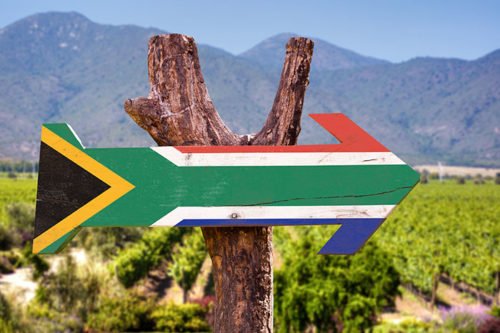Dearman has launched a new project aiming to reduce wasted harvest in South Africa. The project is backed by grant funds from the Department for International Development.

Food waste in South Africa is estimated to be worth £4.7 billion annually, half of which occurs in the fruit and vegetable sector. Low farmer income makes access to cooling technology difficult.
Dearman’s 24-month project seeks to develop a mobile pre-cooling system, using the company’s groundbreaking liquid nitrogen engine. Pre-cooling rapidly reduces the temperature of produce immediately after harvest, to ensure minimal post-harvest food loss.
Working with local partners Transfrig, the cold chain operator, and Harvest Fresh, a family-owned food producer based in the Gauteng province, Dearman will develop a mobile, off-grid, zero-emissions system that allows small farmers to access affordable pre-cooling.
The fruit and vegetables pre-cooling market is estimated to be worth £730 million across Africa. Dearman’s project seeks to deliver a successful technology demonstration, including a six-month field trial, and set out a viable route for wider commercial deployment of the pre-cooling system.
The company estimates that deploying just 250 Dearman pre-coolers in South Africa would be enough to process the 350,000 tonnes of fruit and vegetable wasted during post-harvest handling and storage.
Additional impacts would include saving 328 million cubic metres of water and 29,000 hectares of land also currently wasted, as well as boosting farmer incomes by 12%.
Commenting, Dr Daniel Fennell, Dearman’s Head of New Applications, said:
“We’re very excited to be launching our new project in South Africa. Small farmers in the country want an affordable pre-cooling system, but one that does the job cleanly. The zero-emission system we are developing can offer a real alternative to polluting, expensive diesel systems and help to reduce post-harvest food loss.



